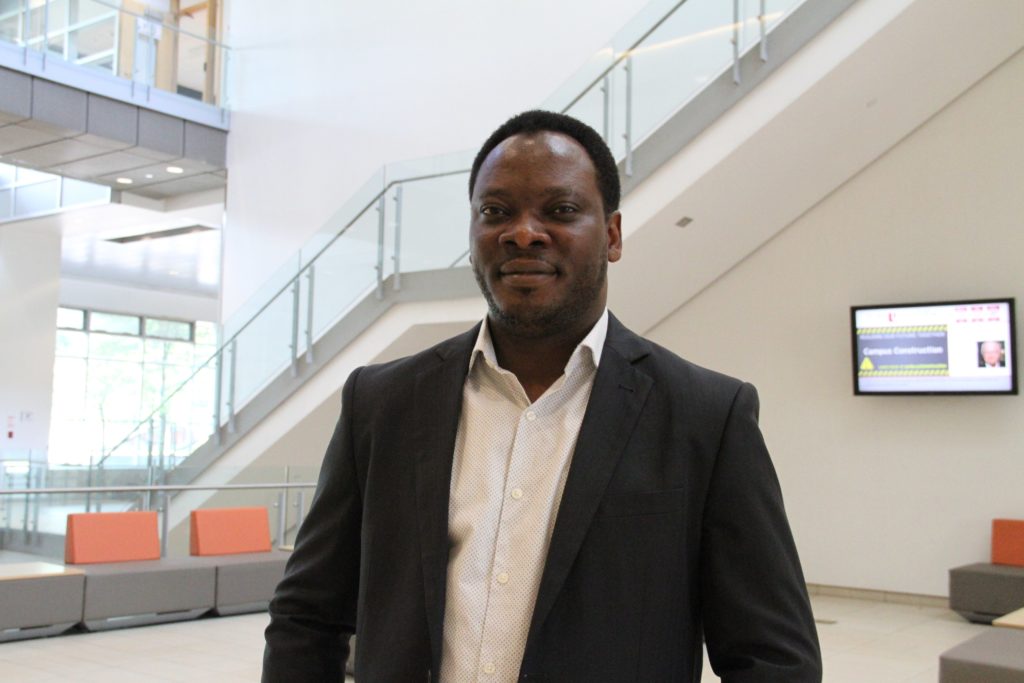
Oghenowede Eyawo
GLOBAL HEALTH
KINESIOLOGY & HEALTH SCIENCE
AS A RESEARCHER whose work lies at the intersection of epidemiology and population health, Oghenowede Eyawo has a warning to people in highly vaccinated countries who may believe the COVID-19 pandemic is coming to an end.
“This is a pandemic, not an epidemic,” says the assistant professor of global health epidemiology in the School of Global Health and a faculty member in the School of Kinesiology & Health Science. “If we only solve it in the Global North, it will come back. We live in a globalized society where it takes less than 24 hours for anything to be shared. We won’t be safe until the rest of the world is.”
In the developing world, many countries have not been able to vaccinate more than five percent of their population, and in some of these countries, the rate is less than one percent. To fix this and increase supply and access to COVID-19 vaccines and essential diagnostics, Eyawo strongly advocates the waiving of patents on vaccines, as well as knowledge-sharing and the development of technological capacity to produce the
development of technological capacity to produce and distribute vaccines and other diagnostic tools in low-and middle-income country settings. “We need a global, coordinated approach to deal with COVID-19,” he says, “and that’s currently missing.”
While Eyawo is currently researching the spread and burden of COVID-19 in sub-Saharan Africa, he has spent his career tracking the progress of many other communicable diseases, including pandemics such as HIV/AIDS that remain a major health problem in many populations around the world. Improving socio-economic conditions and addressing the underlying social determinants of heath that continues to drive disease transmission and burden, he believes, will be key to solving such problems.
Says Eyawo: “the goal of my research is to improve our understanding of the many different intersecting issues that affect the health of marginalized populations in Canada, as well as around the world – and to use that information to develop solutions that can help us deal with these challenges.”
